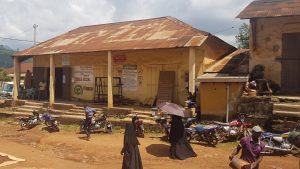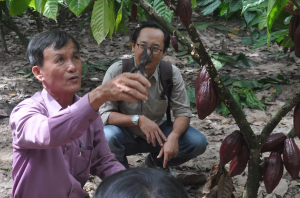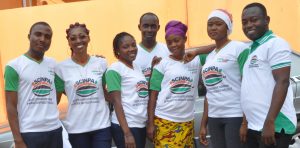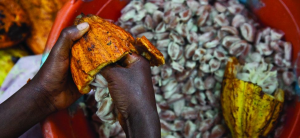
Yeyasso: the small cooperative is now playing in the big league
After two years of coaching with the consultant Dominique Derom, the results are extremely positive for the Yeyasso cooperative. “We have evolved a lot,” confides its director Yeo Yessongbananan Moussa, and, to say the least, it shows!










